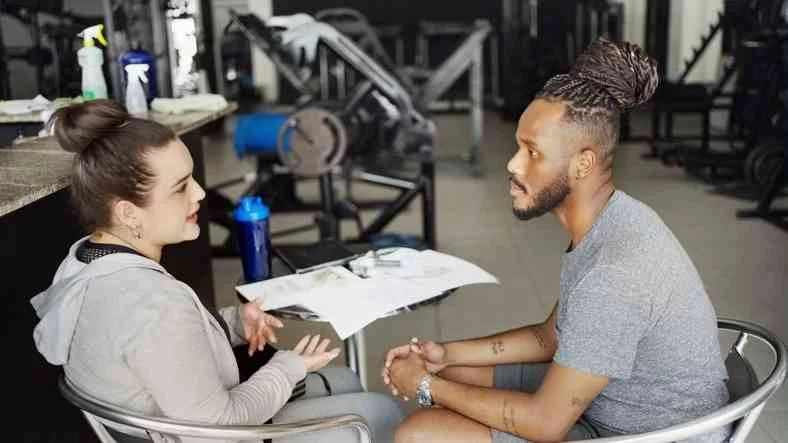Dr. Mark Wetzel is a chiropractor and owner of New Era Chiropractic in Germantown, Tennessee. He has a diverse experience and is an expert in the neurology branch of chiropractic. His focus is in chiropractic neurology and applied kinesiology, which when combined with muscle testing and chiropractic adjustments allow him to better serve his patients from a nervous system and a neurological standpoint.
Dr. Wetzel received his Doctor of Chiropractic degree from Northwestern Health Science University in Minneapolis, Minnesota. He completed his undergraduate studies in sports management at Indiana University. During his time at Indiana, he competed with the men’s swimming and diving team.
In this episode, Dr. Wetzel goes fully into the explanation of why isometric training in certain athletic positions carries such a transfer to sports. He also explains why traditional barbell lifting can carry some neurological drawbacks in terms of muscle contraction and relaxation cycles. He gives his insight on how to bring some of the lessons taught in the Jay Schroeder program into your programming.
In this podcast, Dr. Mark Wetzel and Joel discuss:
- The thought that “velocity recovers everything.”
- Why five minutes could be a viable time suggestion for isometric holds.
- The science behind extreme isometrics.
- What energy systems are used in extended isometrics.
- Lactate and its role in developing athletes.
- The neurological connection to strength development.
Podcast total run time is 51:39.
Keywords: extreme isometrics, energy systems, relaxation, isometrics





